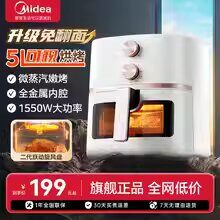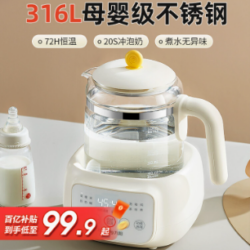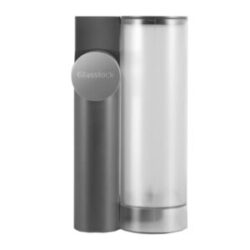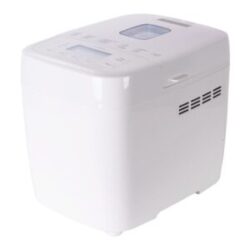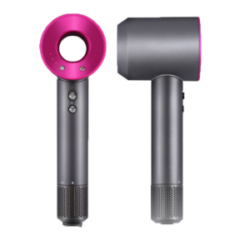四、使用主谓词组时需要注意的问题 Points that merit special attention
(一)主谓词组的词序不能颠倒,否则结构和意思就都变了。 例如“他描写”是表示“他”进行“描写”这个动作,“描写” 的对象可以是人、事物或风景等;如果颠倒成“描写他”,就变成 了动宾关系,表示“描写”的对象是“他”。 The order of the two constituents in an S-P phrase cannot be re- versed, for the reversion of order will bring about a change both in structure and in meaning. For example, the phrase 他描写 means “he describes”. The object of the verb 描写may be a person, thing or scene. If we put it as 描写他, the phrase will turn to one of a V-0 relationship, meaning “to describe him”.
(二)主谓搭配要恰当,不然,句子就会不通。例如:
The two constituents of an S-P phase have to match, otherwise, S-P phase won’t make any sense. For example:
人民生活水平提高了。x水平增强
这里麦子长得很好。x麦子生得很好。
 亚马逊导购
亚马逊导购  卑诗省当天新盘
卑诗省当天新盘  读新闻学外语
读新闻学外语
(三)主谓词组可以直接充当主语、宾语或定语等句子成分,不需要用代词连接。例如:
An S-P phrase can function as subject, object or attributive without being introduced by a pronoun. For example:
天气热是这里的特点。(做主语)( as the subject)
气温下降会影响农业生产。
他说他不会。(做宾语)( as the object)
我怕资料太少。
这是他写的小说。(做定语)(as an attributive)
我们搜集的资料很充分。
(四)主谓词组和结构助词
An S-P phrase and structural particles
- 主谓词组做定语时一定要用助词“的”。例如:
The structural particle must be used after an S-P phrase which serves as an attributive. For example:
他看的小说是中文的。
他补充的意见太宝贵了。
如果不用“的”,结构和意思就变了。如第一句中“小说”是中心语,如果说成“他看小说”,“小说”就成了“看”的宾语, 这句话就不通了。
Without , both the meaning and structure of the phrase will be changed. For instance, if, instead of 他看小说 , as in the first sentence above, in which 小说is the modified word, we say 他看小说 ,with 的 after omitted, 小说 will become the object of 看and the whole sentence will be grammatically unsound.
2.主谓语组做状词时一定要用助词“地”。例如:
When an S-P phrase serves as an adverbial adjunct, the structural particle must be used after it. For example:
我们精神饱满地工作着。
同学们意见一致地鼓了鼓掌。
3.主谓词组做补语时一定要用助词“得”。例如:
When an S-P phrase serves as a complement, the structural particle
4 must be used before it. For example:
他笑得嘴都合不上了。
太阳晒得地都烫了。
(五)主谓词组只能在有限的一些动词后边充当宾语。例如:
Only a very limited number of verbs can take an S-P phrase as its object. For example:
董事长希望我们都能留下来。
他知道我今天非常高兴。
我觉得你的意见很好。
我盼望他今天就来。
他相信这件事是真的。
(六)主谓词组只能做程度补语,不能做其他补语。例如:
An S-P phrase can only function as a complement of degree. For example:
他笑得眼泪都流下来了。
屋子里热得人很不舒服。




